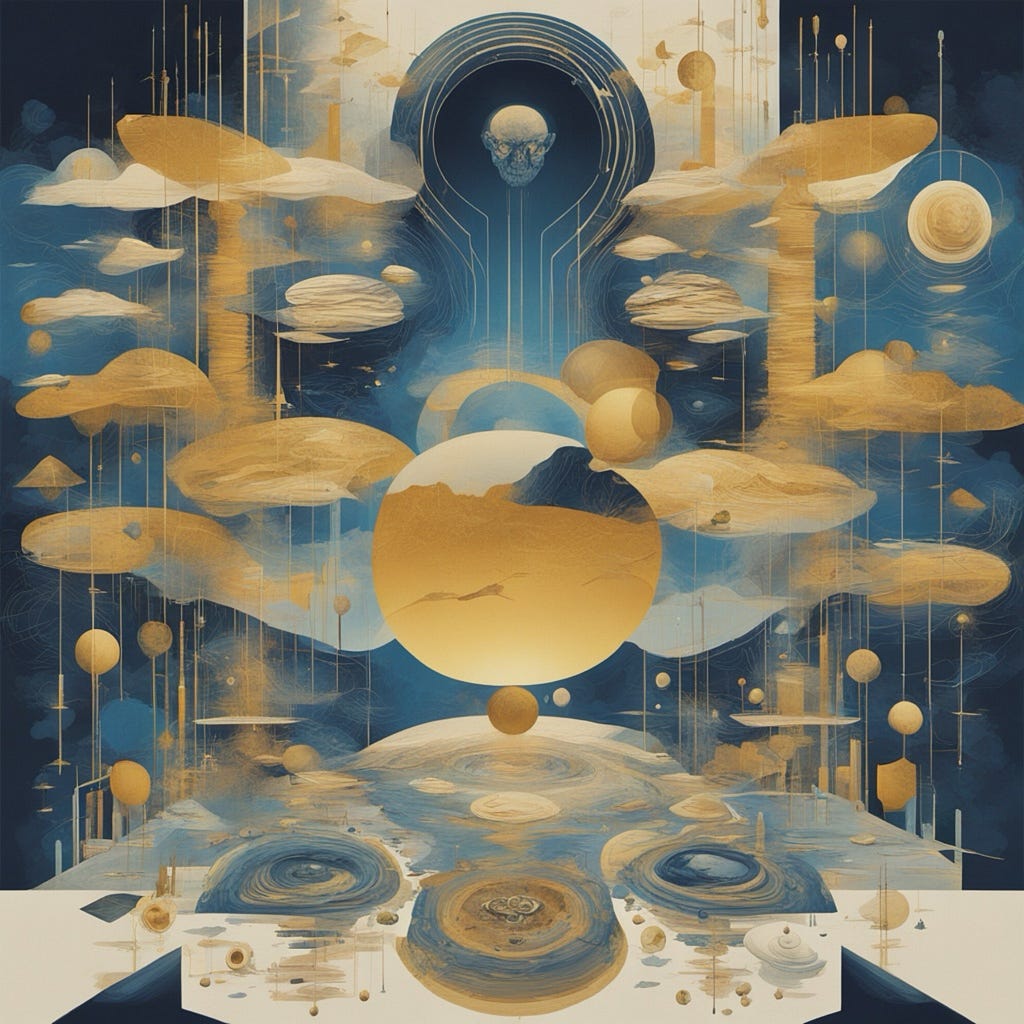Medium
2w
126

Image Credit: Medium
Would You Choose to Live on Earth Forever?
- An individual, reflecting on a dinner event, contemplates the idea of living on Earth forever and questions the interest of others in such possibilities, especially in the context of cultural dynamics.
- The person discusses the concept of immortality and technological advancements that make it seem more plausible today.
- While acknowledging technological progress, the individual personally expresses a firm refusal to live on Earth forever, emphasizing the natural cycle of life and the value of letting go of memories.
- Concerns are raised about the implications of eternal rule and the potential misuse of immortality technology by individuals with malicious intentions.
- Cultural perspectives, such as traditional Chinese beliefs regarding death and the soul's journey, are considered in the discussion about immortality.
- The individual shares personal experiences and feelings related to loss and the belief in life's impermanence as a source of beauty.
- Readers are invited to share their opinions and perspectives on the topic of immortality.
- The article presents a contemplative exploration of the ethical and existential implications of immortality and technology on society and individuals.
- It delves into personal beliefs and cultural influences on the concept of living forever on Earth, prompting readers to consider their own views on the matter.
- The individual's refusal to embrace immortality is based on a philosophical perspective that values the natural cycles of life and the beauty found in impermanence.
- The article touches on themes of memory, loss, cultural traditions, and the potential societal ramifications of immortality technology.
- A call-to-action is included, inviting readers to engage in a dialogue about their stances on the idea of eternal life and the ethical considerations surrounding it.
- The author highlights the complexity of the immortality debate, acknowledging both the allure of technological advancements and the importance of respecting natural processes.
- Discussion points encompass personal experiences, moral reflections, and the broader societal implications of pursuing immortality.
- The article provides a nuanced perspective on the topic, encouraging readers to contemplate their beliefs and values in relation to the possibility of living indefinitely.
- The author's stance against immortality is grounded in a philosophical understanding of life's transience and the significance of accepting its cycles.
- Overall, the article invites introspection on the meaning of life, memory, and mortality, prompting readers to consider their own attitudes towards the concept of eternal existence.
Read Full Article
7 Likes
For uninterrupted reading, download the app